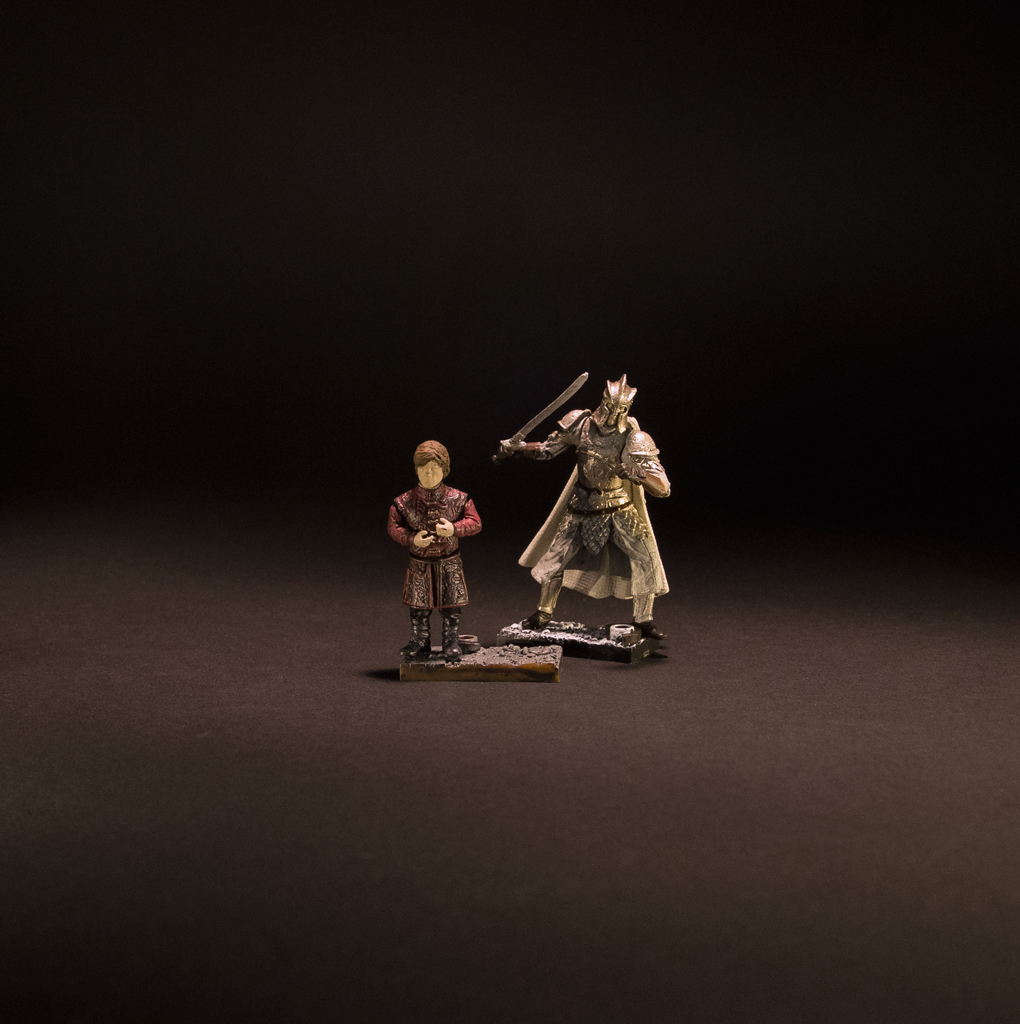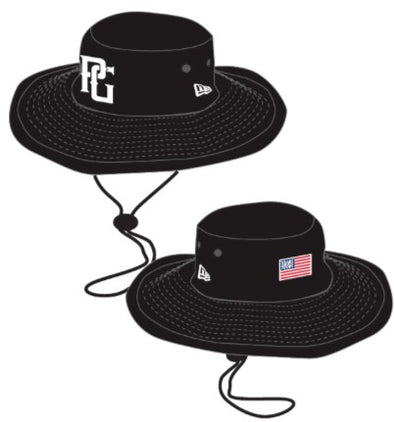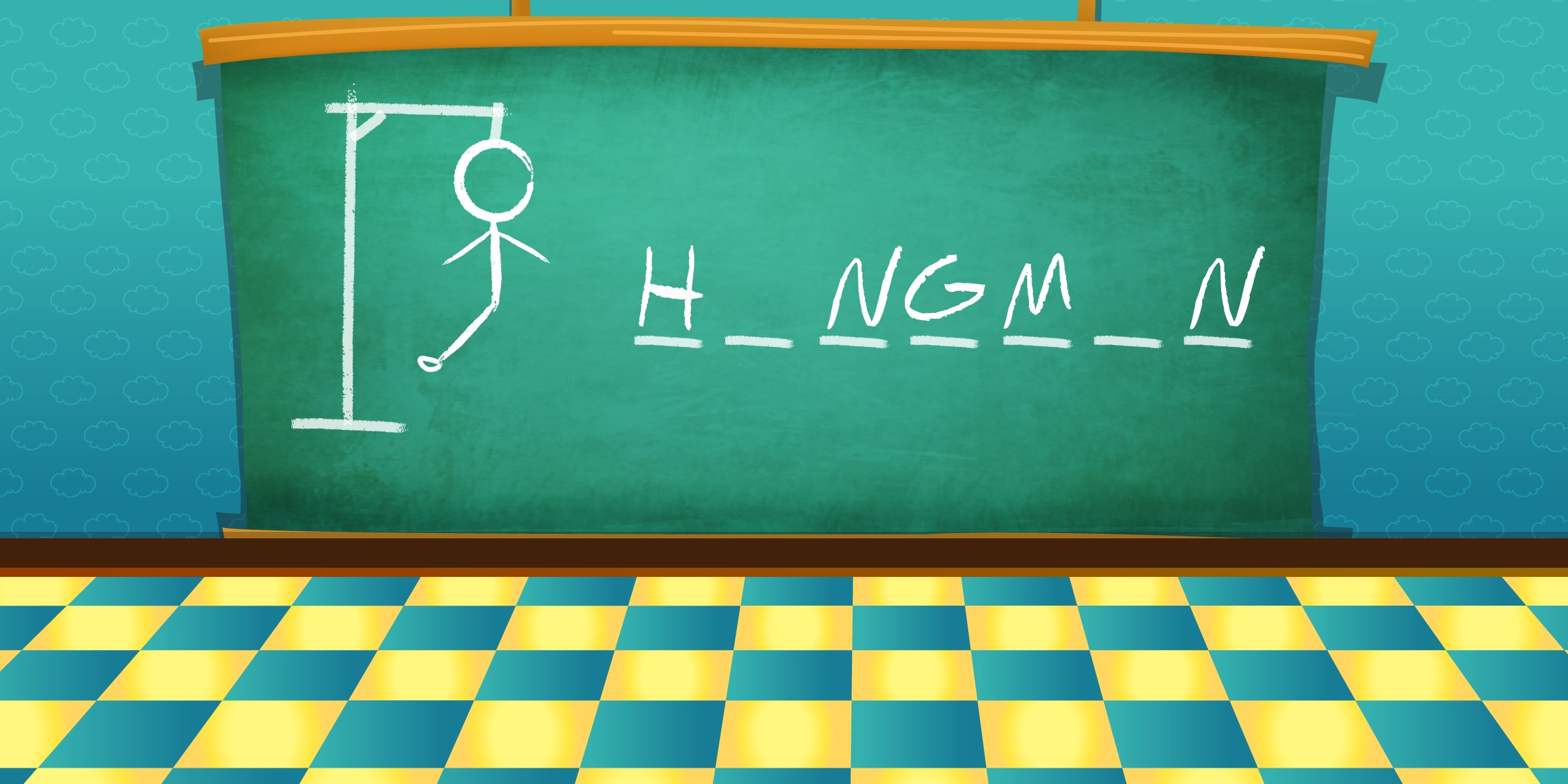Features
By and large, the choice of games for adults should be based on the individual characteristics and preferences of the particular student. Some people are more open and creative, easily get used to new roles and perform creative game tasks. Others prefer a more serious atmosphere in the class, feel a little withdrawn and constrained, but you can also find an approach to them. It is great if the theme and the essence of the game is related to the work or hobbies of the student, he knows something about this subject. In contrast to games with children, there is no need to use motor activity - only mental activity is enough. The game must be fun and exciting, if you see that students are not interested, it is better to stop it as soon as possible. Make sure that the rules of the game are very clear, you can record them on the board or in a chat room.
Role Playing Games
These are the most common and effective games, as they can be easily adapted to any subject in the lesson. Imagine and describe a situation in which students would need to play the role of another person. In this way, you can build dialogues when working in pairs, build discussions when working in groups, and make up mini-presentations when working individually with a student. For greater realism, come up with foreign names that students should call the arc of a friend during a game. It is very good to work through new vocabulary during such games. You can write, for example, a list of words to use during the game.
Amnesia

It is also a very popular game among adult students. Here students are attached to the forehead paper with the names of famous personalities. They, asking Yes/No questions, must guess who they are. Thus it is possible to study and fix the vocabulary on the description of appearance and character, actions and habits, to train the construction of questions and answers to them. It is possible to play this game both in group and as a couple. When you take a class online, you can upload several photos and take turns choosing one famous person, to guess it in your mind, while another student or teacher in the same experienced way must guess this person.
Blind figures

Necessary equipment: eye patch, rope.
Develops communication skills
Players wear bandages and become in a circle. The ends of the rope are tied together and it is placed in front of the participants also in the form of a circle - so that each of the players could bend down and feel it. The presenter tells the players to take the rope and use it to form a geometrical figure: a square, a triangle, a rectangle, etc. Players can talk, but they must not remove the bandages. If you have a lot of participants, you can divide them into teams and give them the rope of each team. The team that will build the right figure faster will win.
Hat

This game is somewhat similar to the previous one, but it is designed for playing in pairs and also stimulates competitive interest. The essence of the game is to take out of the hat (real or imaginary) paper with the names of objects or names of people, professions, etc. and describe them to each other until the partner can guess. Which pair will guess more words, the one that won. It would be great to come up with a kind of prize winner, so that the game was logically completed. This game can be used to activate vocabulary both on a specific topic and to develop speaking skills in general. This practice has a good effect on the development of spontaneous speech and fluent speaking.
Hangman
This is a famous game, similar to something in the "Field of Wonders". Here is an encrypted word to guess by substituting letters. When calling the wrong letter, as if the "gallows" are lined up element by element, and if, using all attempts, a person still can't guess the word, the gallows are lined up completely, and he loses. It may sound a little creepy, but it's still a good way to train a semantic guess, to memorize the "spelling" words and just fix the vocabulary on a certain topic.
Minefield

Necessary equipment: an empty room or corridor, blindfolds and a set of normal office supplies.
Develops communication skills
Spread on the floor items (boxes, office chairs, water bottles, etc.) randomly, so that you can not go from one end of the room to the other and not stumble upon anything. Split participants in pairs, and blindfold one of the partners. The second should lead his partner from one end of the "minefield" to the other so as not to hit a single mine. In this case, he has no right to touch his partner. If you want to complicate the task, run all pairs on the "minefield" at the same time, so that the players would have to listen more attentively to the instructions of their "escorts".
Crossword puzzle

Many people like to guess crosswords in their native language. This is a kind of lexical game. You can pick up a crossword puzzle on a specific topic and, reading students definitions of words, try to guess it. You can also make it yourself, for example, write some answers in the crossword puzzle and leave some words missing. Then students need to take turns to come up with a definition of those words that are already written in his version of the crossword puzzle so that the partner guessed. Do it one by one, until the whole crossword puzzle will not be solved.
T-shirt

For this game you need to draw a T-shirt, and inside it there are different dates, mena or other words. All these words are data about one of the students. The rest of the group or his partner should guess what all these words mean. For example, "30, London, football etc.". Students should ask questions in an effort to guess what the data means: "Is your birthday on the 30th of July? Have you studied in London? Do you like playing football? etc.". This game promotes closer and very unobtrusive familiarity between students in a group or between a student and a teacher, helps build stronger bonds and warmer relationships, and, of course, trains the skill of question building.
Escape

Required equipment: 1 rope, 1 key, locked room and 5-10 puzzles or puzzles depending on how much time you want to spend on the game.
Develops teamwork skills
The purpose of this exercise is to get out of a locked room in the time available by finding the key with the help of prepared hints. The key and the hints must be hidden in advance. The team is locked in the room and within 30 minutes or one hour the players must find the key using the hints hidden here. To pass the game successfully, one should be able to act together and brainstorm, trying to understand what a hint means.


